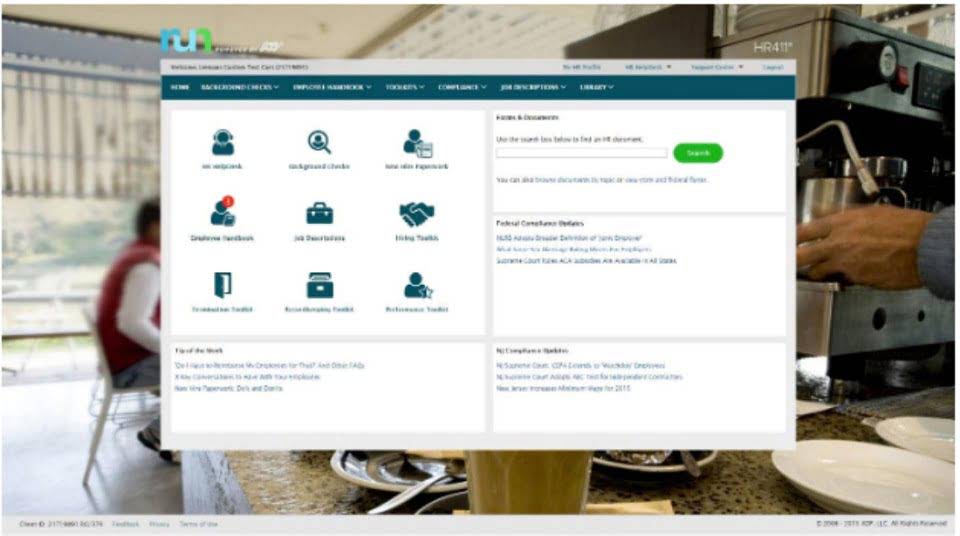Es importante señalar que un operador de concatenación une strings o variables sin espacios. Si se quiere incluir un espacio, este tiene que escribirse, al igual que en el ejemplo, en el string y con comillas. Los mensajes de error contienen, en la mayoría de los casos, información acerca de la https://www.votatuprofesor.com/blog/1463-que-tecnologias-afectaran-el-futuro-del-desarrollo-web-aprende-todo-sobre-esta-profesion-en-un-curso-online ubicación de los errores, ofreciendo, así, datos importantes para su erradicación. Si una variable se define varias veces en un script, la nueva definición sobreescribe a la anterior. Más que eso, es crucial obtener el dinamismo para cargar elementos de las páginas con agilidad y sin fallas.
La función principal de PHP, en la práctica
El hecho de que el parámetro GET se ejecute en el URL como texto sin codificar, descalifica, sin embargo, a este método para la entrega de datos sensibles como los que albergan los formularios online. Asimismo, el volumen de datos que se puede entregar por medio de la superglobal $_GET está limitado a la longitud máxima de los URL, limitaciones que pueden evitarse con el método POST de HTTP. Una vez has conocido los fundamentos de PHP y ya te sabes manejar con las variables, puedes concatenarlas y realizar cálculos. En este apartado te contamos por qué las variables son un factor esencial a la hora de programar scripts. El siguiente ejemplo de código, del que mostramos la versión en español de la subsiguiente captura de pantalla, muestra una selección de cálculos matemáticos que se pueden llevar a cabo con operadores PHP del lado del servidor. Los operadores empleados se corresponden con gran parte de los operadores aritméticos estandarizados de las matemáticas.
Bases de datos (MySQL)[editar]
Se puede imaginar al intérprete de PHP como el colega perezoso del servidor web que solo trabaja cuando se le exige explícitamente por medio de, por ejemplo, una etiqueta de apertura de PHP. Nos encontramos aquí ante tres strings y dos variables que están encadenados formando una secuencia de caracteres. Las funciones son subprogramas que permiten externalizar partes del código de programa.
- En un servidor web, el resultado del código PHP interpretado y ejecutado —que puede ser cualquier tipo de datos, como el HTML generado o datos de imágenes binarias— formaría la totalidad o parte de una respuesta HTTP.
- A continuación, te mostramos una lista de todo lo que puedes hacer con PHP, así como sus ventajas y desventajas.
- La pseudovariable $this está disponible cuando un método es invocado dentro del contexto de un objeto.
- Lo que distingue a PHP de algo del lado del cliente como Javascript es que el código es ejecutado en el servidor, generando HTML y enviándolo al cliente.
- Debe considerarse cuando la dieta y el ejercicio no logran las cifras meta en un periodo de dos semanas.
Valores devueltos
- A pesar de la aparición de nuevas tecnologías y lenguajes, PHP ha mantenido su relevancia, adaptándose y evolucionando para satisfacer las necesidades cambiantes del desarrollo web.
- De esta manera, es posible desarrollar con agilidad sitios con un gran rendimiento, incluso si están llenos de recursos, y con la garantía de la sostenibilidad del desempeño a largo plazo utilizando el lenguaje PHP.
- Lo peculiar en el bucle do-while es que este se ejecuta al menos una vez, aun cuando la condición no se cumpla en ninguna ejecución del bucle.
- Entre las palabras reservadas se encuentran, además de echo, instrucciones como if, for, do, include, return, exit o die.
Las variables se prefijan con el símbolo del dólar ($) y no es necesario indicar su tipo. Las variables, a diferencia de las funciones, distinguen entre mayúsculas y minúsculas. Las cadenas de caracteres pueden ser encapsuladas tanto en dobles comillas como en comillas simples, aunque en el caso de las primeras, se pueden insertar variables en la cadena directamente, sin necesidad de concatenación. En enero de 2023, según W3Techs “PHP es utilizado por el 77,8% de todos los sitios web que se ejecutan en el lado del servidor”[1].
El método destructor será llamado tan pronto como no hayan otras referencias a un objeto determinado, o en cualquier otra circunstancia de finalización. Acceda a la información de su cuenta personal, que incluye el saldo, los pagos efectuados, registros tributarios y más. Los análogos de insulina de acción rápida lispro y aspart son seguros de ¿Qué tecnologías afectarán el futuro del desarrollo web? Aprende todo sobre esta profesión en un curso online administrarse en el embarazo; la dosis total calculada se dividirá en dos tercios predesayuno y un tercio precena (30 minutos antes de los alimentos). Las pacientes deben asistir a consulta para evaluación clínica, cada una a dos semanas, de acuerdo con el grado de control glucémico, hasta la semana 34; después deben evaluarse cada semana.



Recent Comments